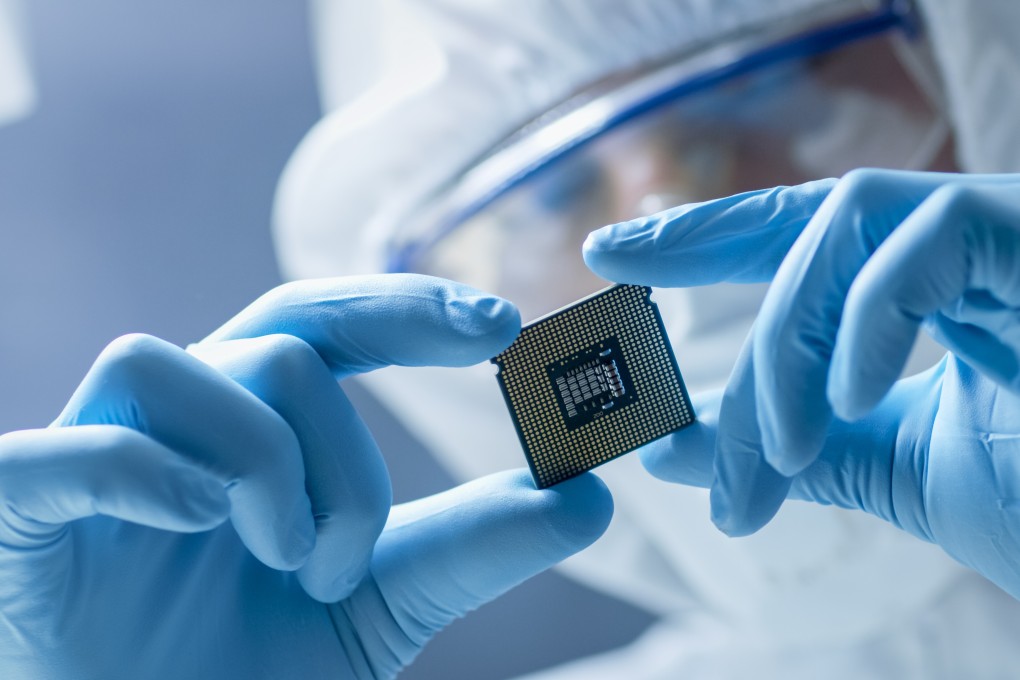Chinese President Xi Jinping seeks to rally country’s scientists for ‘unprecedented’ contest
- Chinese leader promises to boost investment and free scientists from bureaucracy as Joe Biden seeks heavy increase in US research budget
- Xi says country must seek breakthroughs in areas such as artificial intelligence and semiconductors as he warns of major battle between great powers

China should be prepared for “unprecedented” scientific and technological competition, which has become the “the main battleground” of global power rivalry, President Xi Jinping has said in a rallying call to the country’s scientists.
Xi said China needed to speed up its efforts to tackle technological bottlenecks and make breakthroughs in key areas such as artificial intelligence, semiconductors, quantum technology, life science and energy in a speech to mark the country’s national day for science and research on Sunday.
He also pledged to increase investment in science and innovation and promised to free scientists from red tape and give them greater autonomy.
Addressing the country’s top scientists, engineers and researchers on Friday, Xi said: “Science and technology has become the main battleground of global power rivalry.